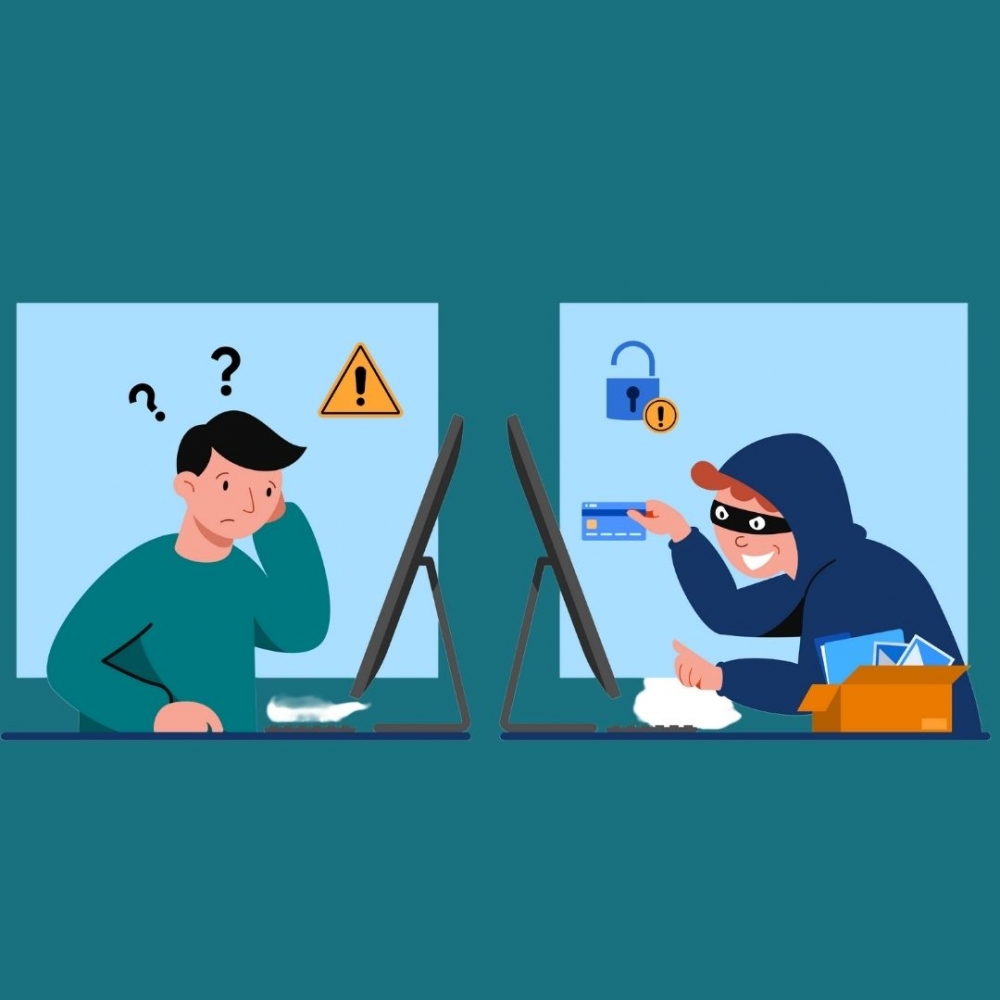Fraud: In a complicated industry, how can you avoid the scammers?

During the first few months of 2023 we have been bombarded with ‘news’ about instances of fraud
involving the professional field of translation and interpretation.
This fraudulent activity includes but is not limited to:
a) Individuals claiming to be certified translators or interpreters, with no proof of this status—a high
profile example involves non-certified individuals posing as certified interpreters in dealings with the
federal Immigration and Refugee Board:
https://www.thestar.com/news/canada/2023/02/07/interpreters-alleged-use-of-impostors-sparks-major-
review-at-canadas-refugee-board.html
b) Theft in the form of non-payment—companies that consistently do not pay freelance translators for
services rendered:
https://www.cbc.ca/news/canada/able-translations-interpreters-lawsuits-cra-debt-1.5016014
c) Shell corporations or dummy corporations that are used for illegal purposes—self-described
‘Saskatchewan-based’ translation companies whose ‘physical office’ is outside the province or country
may fit the bill.
ATIS is doing everything possible to protect its members and the public at large from fraud; however,
vigilance is a shared and on-going responsibility.
"What can I do?"
1. If you encounter fraud, let us know. We'll do our best to inform the membership and the public in a
timely manner.
2. Ask questions. No matter how difficult or ‘impolite’ they may seem.
For clients:
1. If you are in need of translation or interpretation services, ask your translator if s/he is certified or
not.
2. If you need certified translation, dig even deeper. Samples of questions to ask are:
-Which provincial association or other organization has certified you?
-Do you have a "member-in-good-standing" letter or certificate?
A note of caution: Certification is not for life. If a translator ceases to be a member of his/her
provincial association, s/he loses the certification title. This is particularly important if you must obtain
a certified translation. Using a non-certified translator may render your translated document invalid. A
translator’s proof of certification can be cross-checked via the provincial association website.
To help ensure that you get exactly what you want, we suggest hiring translators and interpreters
through your provincial association—ATIS has a website to facilitate this very process.
For freelancers:
1. Make sure that the company that wants to hire you actually exists. Investigate beyond the website.
Call the numbers listed. Check the online reviews.
2. If you are contacted by a prospective client, ask your provincial association if anybody else has
received a similar solicitation. If it seems too good to be true, it’s probably a good idea to steer clear of
it.
If you do end up falling for a scam, filing a police complaint is a must.
----

